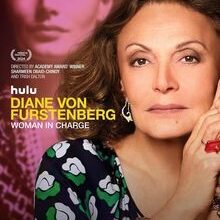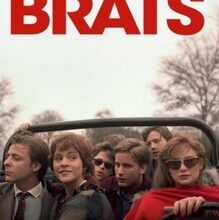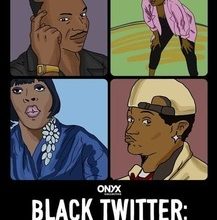
Pretty Baby: Brooke Shields
Pretty Baby: Brooke Shields
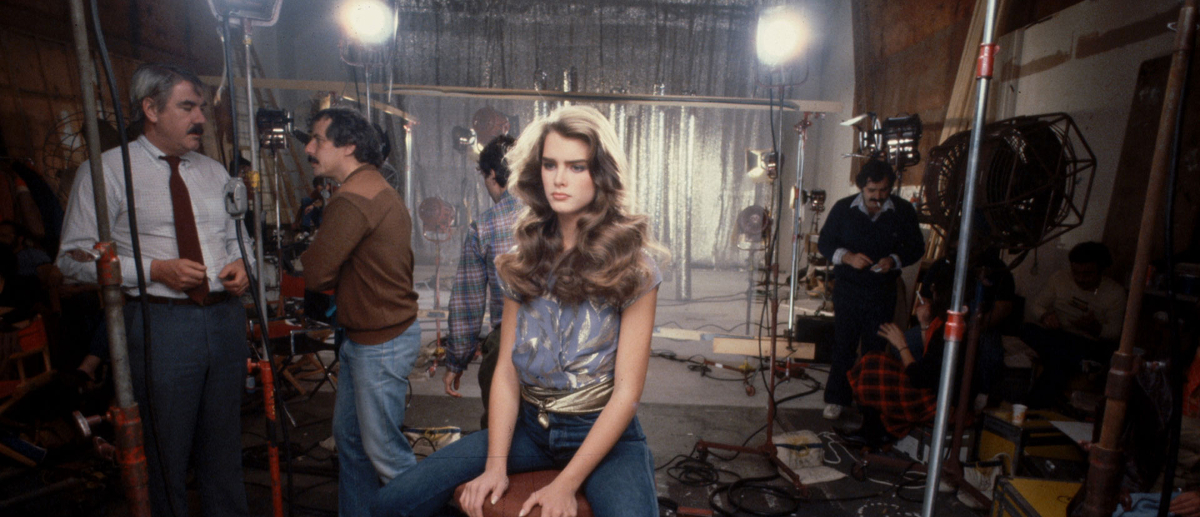
Now streaming on:
JustWatch
“Five times a week?” an interviewer asks Princeton college freshman Brooke Shields and her mother about how often they call each other. “No, a day,” Brooke admits, starting with first thing after she wakes up. Long before Kris Jenner coined, trademarked, and monetized the term “momager,” but after the term “co-dependent” was first used by Alcoholics Anonymous, we see in the two-part documentary “Pretty Baby: Brooke Shields,” Teri Shields insisted on control over every detail of her daughter’s life.
Shields had her first professional modeling job before she was a year old. From then on, she was the financial support for her two-person family. In an archival interview clip, she says that if she ever felt like not going to work, her mother would say, “Let’s take the phone off the hook and go to the park.” But now she also says that her mother always made clear the connection between her every job and their lifestyle. This one meant a better apartment. That one meant tuition at her private school.
Teri was an all-consuming combination of micro-management and instability due to alcoholism. Laura Linney, a childhood classmate of Shields’, talks about visiting their apartment after school. Even as a child, Shields knew to expect her mother to be drunk in the afternoon and learned how to avoid or care for her as needed.
Shields was not even ten years old when she began posing nude in provocative poses. The photos would be the subject of litigation and two days of shattering testimony in court a few years later. One of the experts interviewed in the documentary draws a line between the “second-wave” feminist achievements of the 1970s and a shift from lush, curvy sex symbols like Marilyn Monroe and Sophia Loren to pliable pubescent girls. Shields was at the center of the attention and the controversy, first when she was 11, playing a child prostitute whose virginity is auctioned off for $400 in Louis Malle’s “Pretty Baby.”
Roger Ebert wrote:
“The pretty baby of the title is named Violet, and is played by Brooke Shields, as an extraordinarily beautiful child. Before anyone had seen “Pretty Baby,” Malle was being accused of exploiting that fact. But he’s thoughtful and almost cautious in his approach: Given the film’s subject matter and its obligatory sex scenes, Malle shows taste and restraint. And Shields really creates a character here; her subtlety and depth are astonishing… “Pretty Baby” has been attacked in some quarters as child porn. It’s not. It’s an evocation of a time and a place and a sad chapter of Americana.”
That’s a comment on the perspective of the movie and the filmmakers. But what was it like for a fifth-grade girl to play that role? To have a camera pointed at her as she had her first sexual kiss, with an adult male actor? What was it like to have the parent a child needs for protection and guidance put her in that position? What was it like to have that parent be both endlessly controlling and needy? That is the subject of the documentary, as Shields describes her years of compartmentalization, obedience, disconnection from her body, her feelings, her voice, and how she slowly found herself. “If you’re the object of someone else’s desire, where are your feelings in all of that?”
The line between celebrities and their fans is blurred with reality TV, fame through social media, and show business personalities branching out into lifestyle brands. The term “parasocial” describes how fans feel invited into the lives of people who, in other generations, would have been appealing partly because they were unapproachable.
In four days this week, I saw three documentaries about some of the most documented lives of the 1960s-90s, both as performers and, often less flatteringly, as celebrities: Brooke Shields, Michael J. Fox, and John Lennon. As we begin to look back on the lives of the influential and interesting of the mid-to-late 20th century, documentarians have vastly more images to draw from. We can only imagine what we will see when we start telling the stories of people in the post-social media era.
While the Michael J. Fox film “Still” is the most innovative, all three films use images and archival clips to underscore, illuminate, complement, and comment on the real-life story. Here they recontextualize as well. No one who sees this film will ever be able to—or even want to—watch the Malle drama it addresses by reclaiming its title. The same goes for “The Blue Lagoon” and “Endless Love,” two other highly sexualized roles. The clips of Shields as herself, or at least the self she presented to the world on talk shows, are also hard to watch because the questions are so often insensitive or downright offensive.
Shields is frank about her most difficult challenges. After she took time off for college, she had a hard time re-introducing herself as an adult to the industry. “Is that ‘Brooke’ with an ‘e?’” she recalls being asked after once being on hundreds of magazine covers and ads. She would not give up. We see the silly commercials she did to earn a living, the Japanese ones particularly fun to watch. With courage and determination, she took on some of the most demanding roles in show business, singing and dancing on Broadway. No retakes or photoshop to fix any mistakes.
She talks frankly about her friendship with Michael Jackson, astutely noting that what they had in common was too much maturity in some respects, and too little in others, typical of one-time child performers. We hear about her marriage to tennis star Andre Agassi (like Teri, very controlling), her struggles with severe postpartum depression, and we see her happy second marriage to Chris Henchy and, inevitably in 2023, her wellness company and her podcast. Both are about reinvention, resilience, and renewal. But the most revealing moments that show how far Shields has come are those with her family. When her daughters talk to her about their views on her early sexualized roles, we can feel how meaningful it is to her to give them the kind of ownership of their voices she had to work so hard to achieve.
On Hulu now.

Nell Minow
Nell Minow is the Contributing Editor at RogerEbert.com.
Now playing
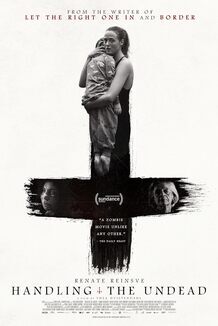
Handling the Undead
Katie Rife
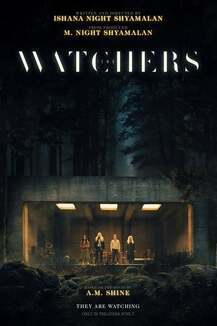
The Watchers
Peyton Robinson

The Blue Angels
Matt Zoller Seitz
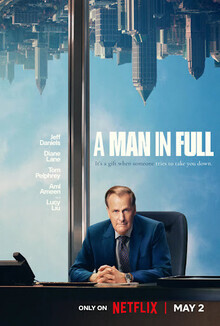
A Man in Full
Rendy Jones
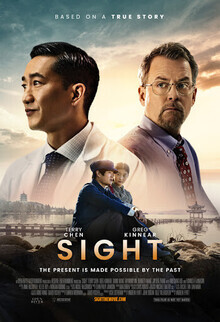
Sight
Monica Castillo
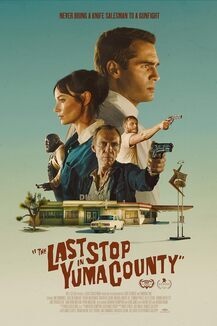
The Last Stop in Yuma County
Matt Zoller Seitz
Film Credits
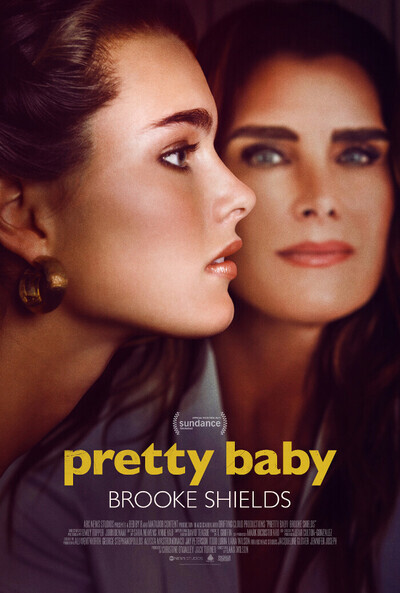
Pretty Baby: Brooke Shields (2023)
136 minutes
Cast
Brooke Shieldsas Self
Greg Butleras Self
Director
- Lana Wilson
Latest blog posts

Destiny 2: The Final Shape Asks the Big Questions
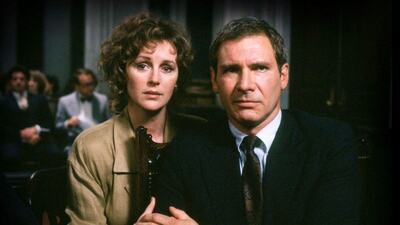
The Presumed Innocent Movie Was a Highlight of Hollywood’s Page-Turner Era
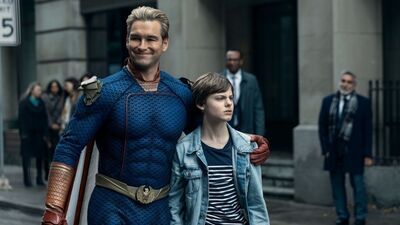
Prime Video’s The Boys Changes Pace, Becomes the Best Version of Itself
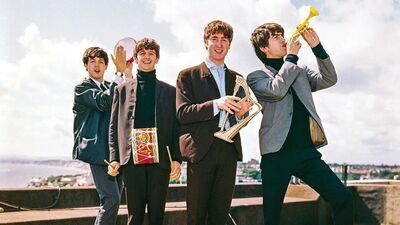
The Actors Rumored to Star in the Beatles Biopics Look Nothing Like Them. Good.
Comments
comments powered by Disqus
